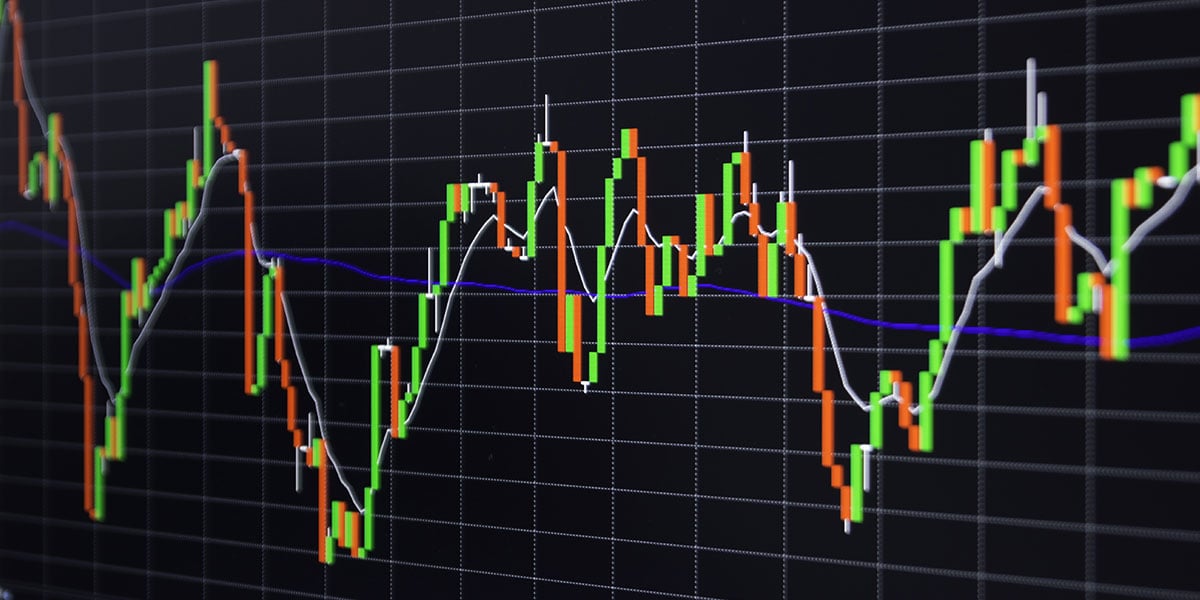
WallStreetBets: Yesterday’s Meme or Here to Stay?
WallStreetBets opened up markets to a new generation of DIY traders, and the meme stock investing craze was born. A year later, is the community still trading with the same vigor?
In January 2021, DIY trading seized headlines around the world after popular subreddit WallStreetBets (WSB) rallied interest in failing company GameStop. A short squeeze was initiated, word traveled rapidly over social media and GameStop’s share price soared from $37 to $483 in just a week.
While some have dismissed WSB—and meme stocks in general—as a passing fad, new research from Capital.com has found that trading volumes linked to WSB meme stocks did not decrease over the course of 2021 and remained strong in the second half of the year. Entertainment company AMC is a notable example of a meme stock that—despite a fall in WSB mentions earlier in the year—recorded a surge in trading volume, peaking at 766 million shares in June 2021.
David Jones, Chief Market Strategist at Capital.com, is not surprised by this sustained interest and says the appeal of meme stocks like GameStop is hard to ignore for newcomers to financial markets. Although the GameStop story came and went months ago, people want to hang on to the possibility it may happen again, he argues.
“People think, ‘GameStop moved 1,000% in January, so it’ll do that again,’ but clearly it hasn’t,” Jones says. “The research we have done is interesting and shows that unless you are in really early, on day one when it starts moving, you are likely to lose money on meme stocks.”
Blink-and-miss-it returns
Meme stock trading favors those who buy into these companies early; Capital.com data shows that investing in a stock the same day it becomes popular on WSB is statistically the best time to invest in it. On average, buying the stock one day after the hype will give the highest day-trading return of 0.9%. After this, losses typically worsen, from 0.2% the next day to –2.2% seven days afterwards. But when the big winners, AMC and GME, are disregarded, short- and long-term returns are, on average, negative. This demonstrates the gamble of WSB; most people will lose, even when joining the game quite early on.
This timing is a key part of meme stock trading, which relies on social media chatter to stimulate interest and share price movement.
Michael Haupt, who moderated WSB from 2019 to 2020, says the subreddit targets traders with a short-term mindset.
CFDs (contracts for differences) are often used to invest in meme stocks. “I balk at even calling it investment,” says Haupt. "Really, it is a short-term gamble. You’re buying short-term contracts that expire within a week, so either the contract expires in the money, or it expires out of the money.”
The heightened risk of meme stocks and CFDs undoubtedly deters some investors, but the former financial adviser says the element of danger is part of the appeal, and that for many, there is “no honor” in being a long-term investor.
For Haupt, WSB is less about a measured approach to risk and more about appealing to those interested in the glamor and thrill of trading. “The ethos of WSB has always been right in line with what it took to get rich in our country, which is that it takes a risk,” he says.
He believes this risk will continue to result in many people losing their money. “But the people who make it big are the ones that we point to because they provide an example of somebody who escaped and made it good. It gives us hope that we can all make money,” he says.
The reality of trading
Capital.com’s data lays bare the riskiness of meme stock trading, showing that investment in 105 WSB stocks generated positive returns in only 50% of cases after three days, while just 34% of these gave positive returns after three months.
Jones describes these returns as “dreadful” and points out that traders would be better off if they had instead spent their money on an ETF that tracked the index. He is also concerned that WSB has changed people’s perceptions of typical stock market behavior.
“If you are new to investing, and you see something like GameStop, it gives you a completely skewed view of what investing is about,” he says. “Don’t think that unless you’re making a 10-fold return on a stock, you are not doing a good job—and appreciate that if you are gunning for higher-level returns, risk goes hand in hand with that.”
The reality of the stock market—and the rarity of 10-fold share price rallies in just a few days—is not well understood by many DIY traders. As Jones points out, the allure of overnight success stories and quick wins will always attract newcomers to the markets.
Discussing stocks online is not a new concept, but WSB users’ ability to rapidly share information via Reddit and Twitter, thus mobilizing large-scale investment moves, has signified a change.
Despite the risks, Jones believes that a repeat of the market movements of January 2021 could happen. “The phenomenon of people getting really excited about stocks and talking about them on social platforms is not going to change,” he says.
